Members
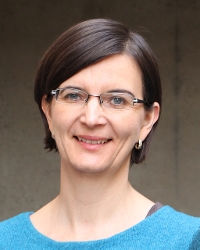
As the Principal Investigator of the project my overall aim is to show that, contrary to what many people believe, the history of disability is not a niche field, but one which has relevance for virtually every aspect of historical analysis and which intersects with the concepts of class, race and gender.
Focusing mainly, but not exclusively on learning disabilities and global mental health, I have particular interest in conceptual history: how definitions, categories and labels associated with disability evolve, gain meaning and change in different cultural contexts and how the boundaries between the ‘normal’ and the ‘abnormal’ are being defined. I study the work of international organizations (UN, WHO etc.), the activities of grassroots movements of people with disabilities, and the tension that often emerges between these two different trajectories.
While initially trained as a historian of Europe with a specialization in Central and Eastern Europe, I am gradually expanding the regional horizons of my work with the inclusion of the case studies on Latin America and with the hope to become able to undertake cross-regional comparisons in the near future. In addition, my research is concerned with the visualization of disability and in a broader context the visual history of human rights and humanitarianism.
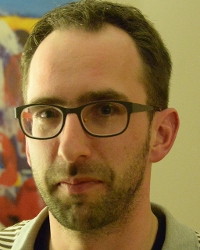
Paul van Trigt investigates as postdoctoral researcher the impact and aftermath of the IYDP on the national and local level (the Netherlands, Germany, the Dutch Caribbean and Singapore), intermediate levels (European Union and cities), and the global level (international disability law with special attention to inequality and reproduction) with the aim to make new contributions to societal and historiographical debates about human rights, religion and social policy.
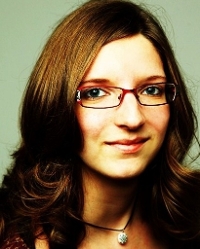
I have been working on the project as a PhD candidate since March 2016. My thesis concerns the role and impact of the Nordic countries on disability issues from the 1970s to the 1990s, both at home and worldwide. I will look into the changing socio-political conceptions and practices of disability and ask how governmental institutions, interest organizations, grassroots movements and the public have discussed living situations and rights of disabled persons. This touches upon a number of different areas: policies and ideologies of the postwar Nordic welfare states; questions of equality, deviance and social participation; self-organization and emancipation; and human rights. Taking the International Year of Disabled Persons (1981) and subsequent International Decade of Disabled Persons (1983-1992) as a turning point for the globalization of disability-related agendas, a key question of my research is furthermore how Nordic disability perceptions have been disseminated and utilized in the context of international organizations such as the UN, WHO or ILO, transnational networks like Disabled People’s International, and development assistance projects targeted at persons with disabilities in the Global South.
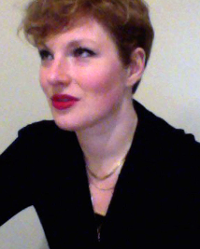
My PhD project intends to track the ways in which the IYDP or International Year of Disabled Persons (1981) and the subsequent IDDP or International Decade of Disabled Persons (1982-1993) influenced government agencies on the international and national level, disability organisations and people with disabilities themselves in conceiving of and dealing with disability. Evolutions that are intricately linked to broader social, economical and political context of the last quarter of the 20th century: such as increasing global interactions, the evolving Cold War context and the advances of neo-liberalism. In order to demonstrate this I will make use of an innovative cross-Iron Curtain analysis and focus on three local case studies and their global entanglements: Belgium, Poland, and Canada. Countries whose ideologies and practices reflect different degrees of state provisions and state influence.
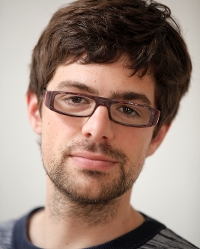
In my research, I will study how in the second half of the twentieth century disability was put on the agenda of international development, and what kind of consequences this had. I will analyze the history of programs by UN agencies (WHO, ILO, UNESCO) aimed at the rehabilitation of people with disabilities in Africa. Ultimately, I aim to understand how these programs were conceived, how they played out on the ground, and how they impacted ways of thinking about and dealing with disability, from the international to the local level. In order to bring in national and local perspectives, I have selected Tanzania and Kenya as two case studies.
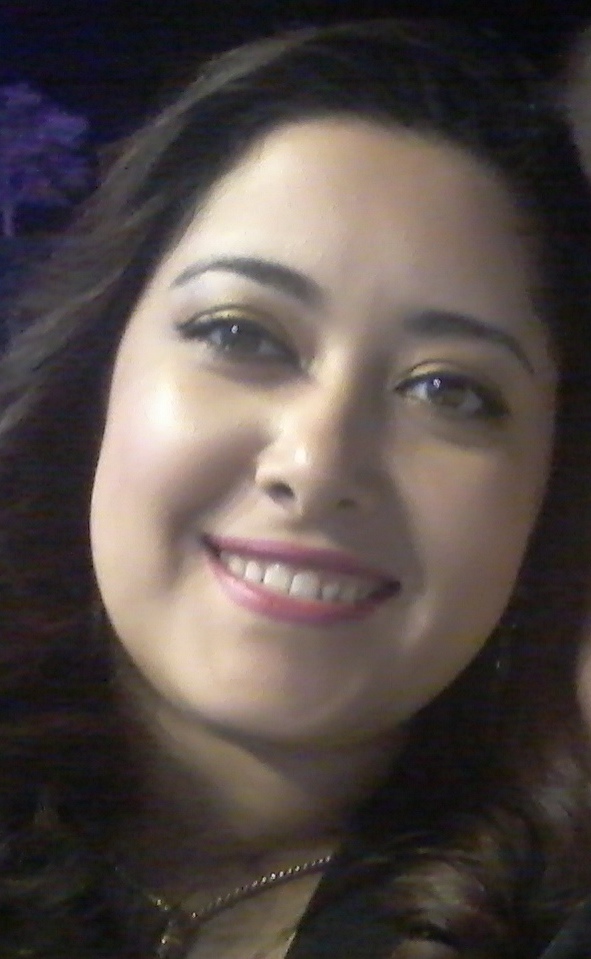
Amany Soliman joined the project research team in October 2017 and she is based in the Netherlands-Flemish Institute in Cairo. Her research focuses on linking the history and the current affairs of the disability communities in the Arab countries and the modern Middle East. As a postdoctoral researcher, Amany investigates the road to and the impact of the IYDP on the national and local level in Egypt and the Arab World. In her research, she relates the cultural, religious and legal conditions of Arab societies to the issues and concerns of the persons with disability. She also studies disability issues in relation to Islam, gender, nationalism, philanthropy and post-colonial state-building struggles in Egypt and the Arab world.
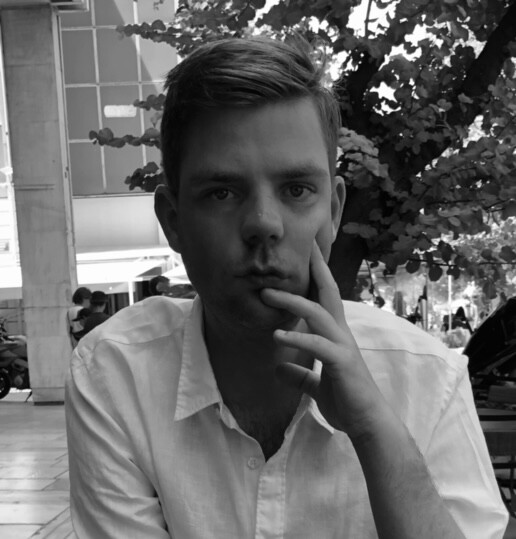
Floris Plak joined the research project ‘Disability and Self-Governance: a Global Microhistory of Het Dorp Community and its Cultural Heritage from the 1960s’ in September 2022. His aim is to study Het Dorp as a space of international encounters and knowledge exchange against the backdrop of global developments since the 1960: the different stages of the Cold War, the expansion and retreat of the welfare state, the changing attitudes toward disabled people, the advanced disability movements and technological and architectural innovations.
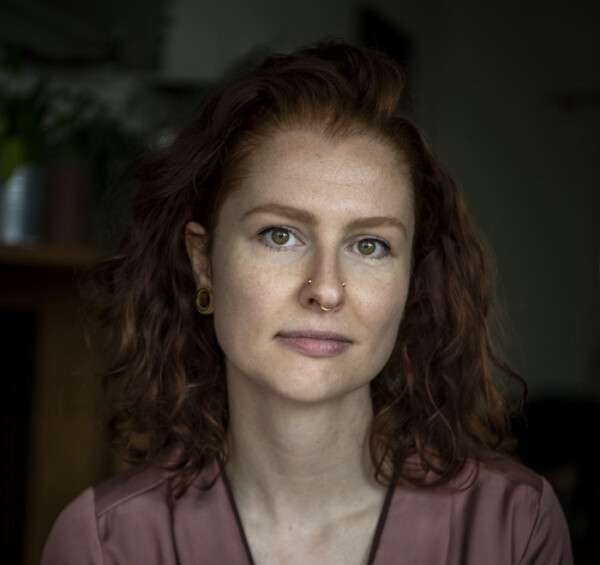
Eline Pollaert (she/they) joined the research project ‘Disability and Self-Governance: a Global Microhistory of Het Dorp Community and its Cultural Heritage from the 1960s’ in June 2022. Ever since the Dutch national telethon ‘Open The Village’ in 1962, the Arnhem-based living community underwent many transformations. By applying the methods of global microhistory and participant heritage development, Eline aims to reconstruct a micro-history of Het Dorp. Eline’s research addresses themes such as social in- and exclusion, accessible living, civil rights, and self-governance of disabled communities.